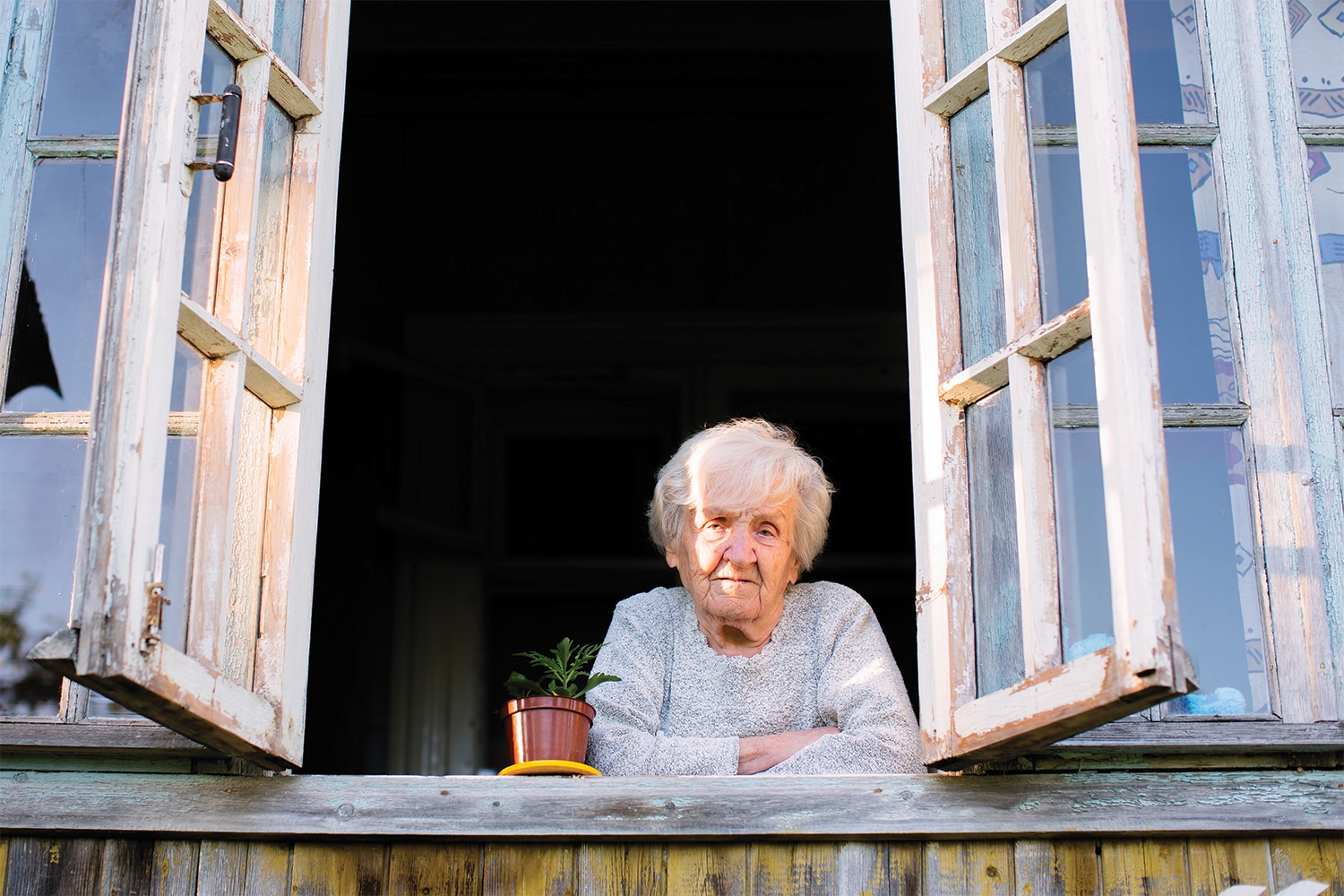It is estimated that up to 16% of older adults experience social isolation. According to Statistics Canada, 17.3% reported feeling excluded often or some of the time. What are the factors that contribute to social isolation? Below is a list from the National Seniors Council.
- Age and gender: being 80+; being female (since women live longer on average)
- Ethnicity: being an immigrant (specifically, having a different cultural and linguistic background from the general Canadian population or community in which you live); being from an official language minority community
- Geography: living in a rural or remote area where service provision and distance between individuals and families is less proximate
- Health and disability: having health issues (mental and/or physical)
- Knowledge and awareness: challenges relating to technology (costs, literacy, comfort)
- Life transitions: loss of a spouse; loss of sense of community; lack of family and friend supports; loss or restriction of drivers’ license; entry into care; living in a nursing home
- Poverty and lack of access to resources: lack of affordable housing and care options; living with low income; lacking access to transportation; financial dependence; living in a deprived neighbourhood
- Sexual and gender identity: being lesbian, gay, bisexual or transgendered (LGBT+); fear of coming out in older age.
- Social relationships: low quality of relationships; having no children or contact with family; living alone; not being married or common-lawed; loss of friends and social network; experiencing ageism
Recently, loneliness and social isolation have been recognised as risk factors for poor health and reduced wellbeing. In a study by the Institute of Health Service Research, Peninsula College of Medicine & Dentistry and the University of Exeter, researchers found that older adults who were socially isolated were less healthy than people their age who were not socially isolated. Another study found loneliness and isolation to be associated with poorer cognitive function among older adults.
The presence of COVID-19 has complicated matters. As we continue to physically distance ourselves from others to prevent the spread of the virus, more vulnerable populations such as older adults are greatly impacted. Keep in mind that social distancing does not mean breaking all social ties. Here are a few ideas that could help you stay connected:
- Two-metre social hour: Set a date, and meet two metres away on your older loved one’s lawn, sidewalk or driveway. You could each bring a special drink, like lemonade, to sip while you chat. You could even bring a speaker, and play some of their favourite songs from YouTube, Spotify, Pandora or another streaming platform.
- Book club: Choose a book you’d both like to read or an audiobook to listen to. Set aside some time to talk about your favourite parts over the phone, through video chat, via text or even through handwritten letters.
- Gift garden: Surprise your older loved one with a garden full of new blooming flowers, a few potted plants or a little herb garden that they can bring indoors. Giving them something small to care for may lift their spirits.
Our older loved ones need our support now more than ever. If you know of someone who could use companionship services, please share our telephone number so that we can help them live the best life possible.
Find Home Care Services That You Can Trust at ComForCare start a conversation with us at 613-792-3663

